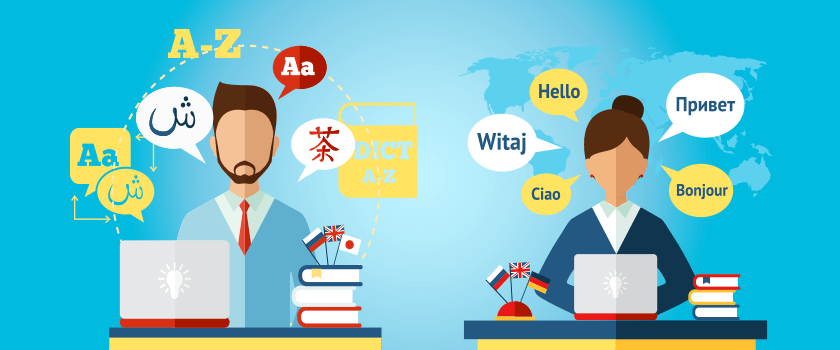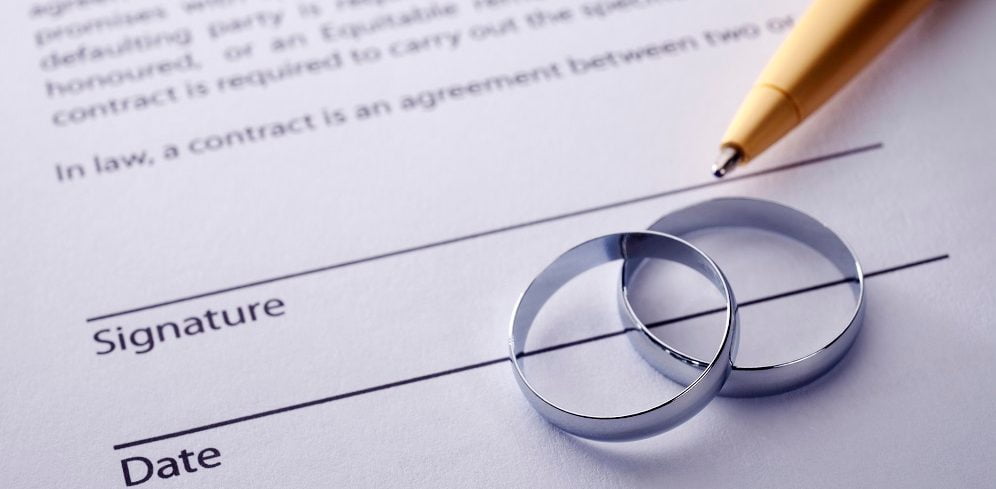UN Translation Services: Ensuring Global Communication
Overview
International diplomacy, peacekeeping, and humanitarian endeavours depend heavily on the United Nations. Translation services are heavily utilised by the UN to help its Member States communicate with one another. This article discusses the importance of UN translation services, the languages used, and the procedures that ensure clear communication.
Why translation is important in the United Nations
1. Communication in multiple languages
The six official languages of the United Nations are Arabic, Chinese, English, French, Russian, and Spanish. The UN is a multilingual organisation. Effective translation is necessary to ensure that attendees with diverse language backgrounds can access papers, presentations, and discussions.
2. Promote Diplomacy
It is imperative to use translation services when engaging in diplomatic discussions. Prompt and precise translations not only save misunderstandings but also promote collaboration among involved nations, simplifying the process of making wise decisions.
3. Initiatives for Charity
In humanitarian crises, efficient communication is crucial. Translation services ensure that important information reaches the affected populace and that humanitarian agencies can effectively engage with the local community.
The Method of Translation
1. Document Preparation
Documents are prepared and arranged to guarantee uniformity and clarity before translation starts. This could entail making sure that all pertinent information is included and standardising terminology.
2. Clarification
Documents are translated by qualified translators with pertinent experience in legal, humanitarian, and international relations topics. To preserve accuracy and context, they need to be aware of the subtle differences between the source and target languages.
3. Checking for errors and ensuring correctness
After translation, documents undergo a rigorous editing process. It could be necessary to have a second translator or a subject matter expert verify in order to ensure correctness and consistency.
4. Editing
A final audit is carried out to ensure that there are no more errors and that the work is polished and prepared for delivery.
Technology application in UN translation services
Technology is being used by the UN more and more to improve translation services. This comprises:
1.Translation Memory Frameworks
By preserving previously translated information, these technologies help translators retain consistency and efficiency.
2. Machine Translation
Although technology for machine translation may speed up translation work, they cannot replace human translators. They can help with draughtsmanship or less formal interactions.
3. Collaboration Tools
Because digital platforms increase productivity and streamline workflows, they make it easier for editors, project managers, and translators to collaborate in real time.
Problems with the Translation Services of the United Nations
1. Disparities in Culture
Translators need to be aware of cultural differences and navigate cultural nuances to ensure that their information is appropriate.
2. Terminology used in technical fields
UN documents often use technical language. These terms and their accurate translations into other languages must be known to translators.
3. Time Limitations
UN talks and gatherings typically have strict agendas. Quick turnaround times are crucial, requiring effective procedures without sacrificing quality.
To sum up
The UN’s mission to promote international peace, security, and human rights is hampered by communication gaps. As global challenges evolve and meaningful international discourse becomes more accessible, there will be an increasing demand for accurate and effective translation services in dubai


